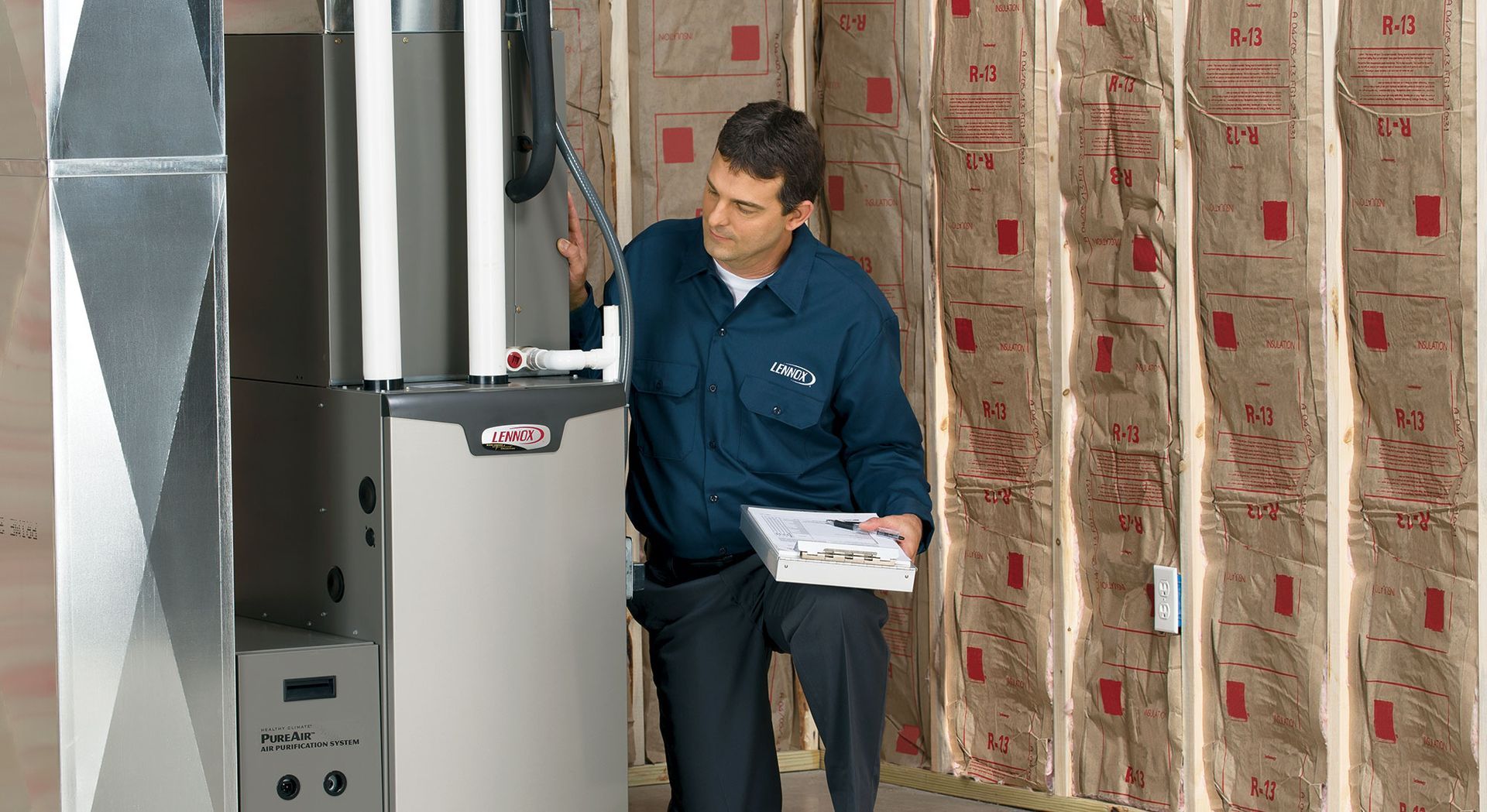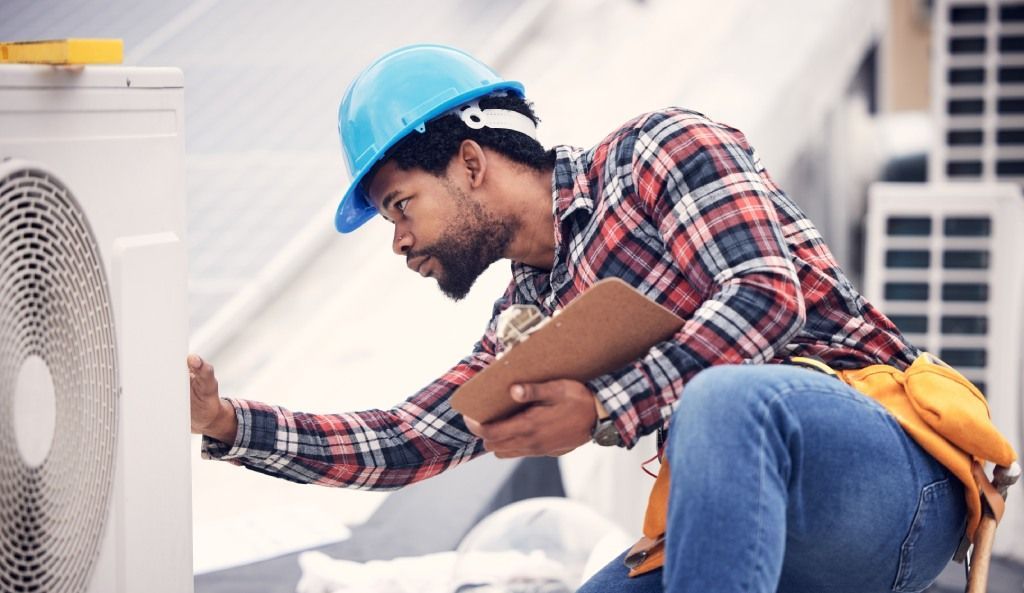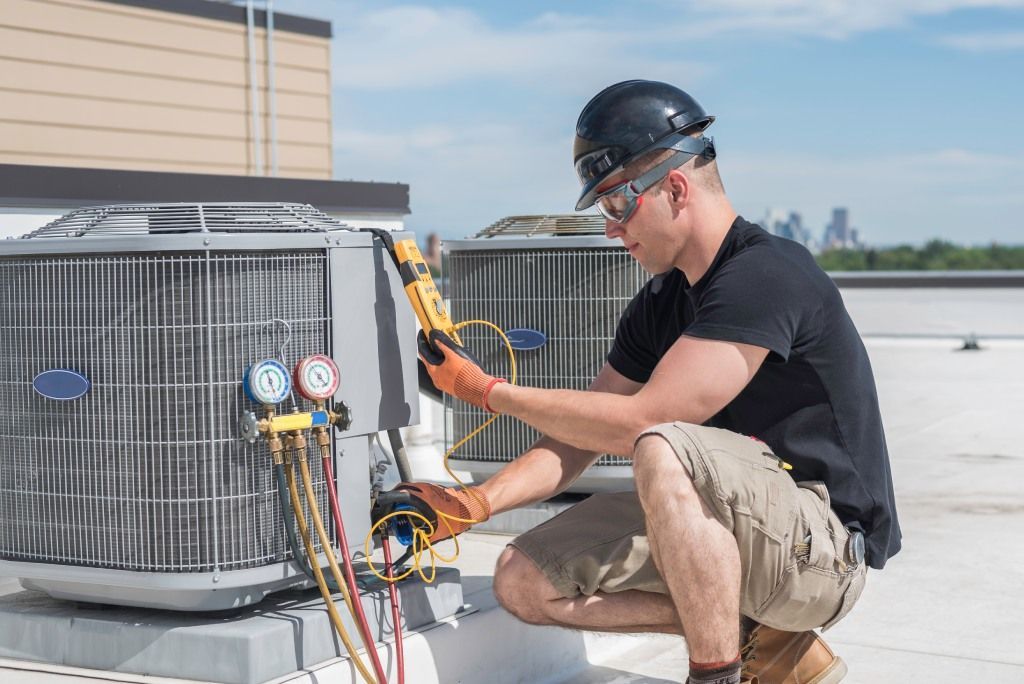Regular HVAC maintenance is a vital aspect of responsible homeownership or property management. While it’s tempting to overlook or neglect routine maintenance, doing so can lead to costly repairs, reduced system efficiency, and compromised indoor air quality. By investing in regular HVAC maintenance, you can enjoy numerous benefits that make it well worth the effort and cost.
1. Improved Energy Efficiency:
A well-maintained HVAC system operates at peak efficiency, resulting in lower energy consumption and reduced utility bills. Regular maintenance ensures that all components are clean, lubricated, and functioning optimally, minimizing energy waste.
2. Extended Lifespan:
HVAC systems are a significant investment, and regular maintenance can help prolong their lifespan. By addressing minor issues before they escalate, conducting regular cleanings, and ensuring proper airflow, you can maximize the lifespan of your system and delay the need for expensive replacements.
3. Extended Lifespan:
Over time, dust, dirt, and debris can accumulate in your HVAC system, hindering its performance. Regular maintenance includes cleaning or replacing air filters, cleaning coils, and inspecting fan motors, ensuring that your system operates at its best and delivers consistent comfort throughout your home.
4. Improved Indoor Air Quality:
Your HVAC system plays a crucial role in maintaining good indoor air quality. Regular maintenance involves cleaning or replacing air filters, removing allergens and pollutants, and ensuring proper ventilation. This helps create a healthier environment by reducing allergens, dust, mold, and other airborne contaminants.
5. Prevention of Costly Breakdowns:
Regular maintenance allows technicians to identify and address minor issues before they turn into major problems. By conducting routine inspections, lubricating moving parts, and checking electrical connections, potential failures can be detected early, minimizing the risk of unexpected breakdowns and costly emergency repairs.
6. Preservation of Warranty:
Many HVAC manufacturers require regular maintenance to uphold the warranty terms. Failing to adhere to maintenance requirements may void the warranty, leaving you responsible for the cost of repairs or replacements that would otherwise be covered.
Investing in regular HVAC maintenance not only saves you money in the long run but also ensures your comfort and well-being. It provides peace of mind, knowing that your system is operating efficiently, delivering clean air, and minimizing the risk of unexpected breakdowns. Schedule routine maintenance with a trusted HVAC professional to enjoy the benefits of a well-maintained HVAC system and protect your investment for years to come.




